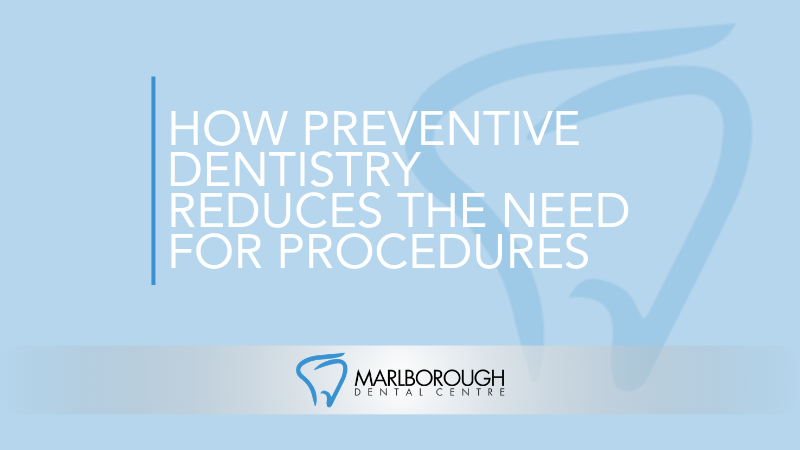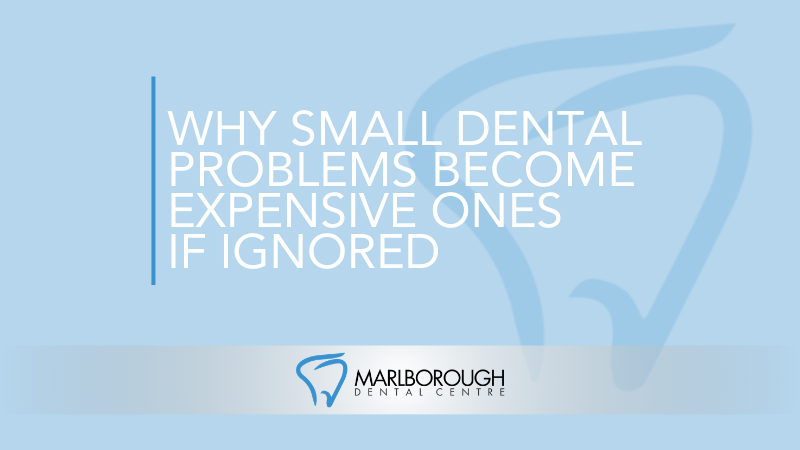When it comes to enhancing your smile, dental veneers are a popular and effective solution. These thin shells, custom-made from porcelain or composite resin, are designed to cover the front surface of your teeth, offering a natural and aesthetically pleasing appearance. Veneers can correct various dental issues, from discoloration to chipped teeth, providing a quick and lasting smile makeover. However, deciding whether veneers are right for you involves more than just a desire for a brighter smile. Here are three key factors to consider before making your decision.
1. The Condition of Your Teeth
The first factor to consider is the current condition of your teeth. Veneers are a versatile option that can address numerous cosmetic issues, but they are not suitable for every dental situation. Here’s what to think about:
- Surface Issues: Veneers are ideal for teeth that have minor surface flaws such as chips, cracks, or discoloration. If your teeth are otherwise healthy but have aesthetic imperfections, veneers can provide an instant improvement.
- Structural Integrity: For teeth with significant structural damage, such as large fractures or severe decay, veneers might not be the best option. In these cases, crowns or other restorative treatments could be more appropriate to ensure the strength and health of the tooth.
- Alignment and Spacing: If your teeth are slightly misaligned or have small gaps, veneers can offer a quick fix. However, for more severe orthodontic issues, braces or aligners might be necessary. Veneers can provide a cosmetic solution, but they do not correct underlying alignment problems.
Discussing your dental history and the condition of your teeth with your dentist will help determine if veneers are a viable option for you.
2. Your Oral Health
Your overall oral health is another critical factor in deciding if veneers are the right choice. Good oral health is essential for the success and longevity of veneers. Here are some aspects to consider:
- Gum Health: Healthy gums are crucial for veneers. Gum disease or infections need to be treated before veneers can be applied. If you have gum issues, your dentist will likely recommend addressing these problems first to ensure a stable foundation for the veneers.
- Cavities and Decay: Any existing cavities or decay must be treated before veneer placement. Veneers are bonded to the tooth's surface, and any underlying decay can compromise the bond and lead to further dental problems.
- Oral Hygiene Habits: Maintaining excellent oral hygiene is vital for preserving your veneers. Regular brushing, flossing, and dental check-ups will help keep your veneers and natural teeth in top condition. If you struggle with consistent oral hygiene, veneers may require more attention than you’re used to.
Ensuring your oral health is in good shape will not only make the veneer process smoother but also help your new smile last longer.
3. Your Expectations and Lifestyle
Understanding your expectations and lifestyle can significantly influence your decision to get veneers. Here’s what you should reflect on:
- Aesthetic Goals: What are your primary reasons for wanting veneers? Are you looking for a subtle enhancement or a dramatic transformation? Being clear about your aesthetic goals can help your dentist tailor the veneers to meet your expectations.
- Commitment to Maintenance: Veneers require some maintenance to keep them looking their best. While they are stain-resistant, it’s advisable to avoid excessive consumption of staining substances like coffee, tea, and red wine. Additionally, habits such as teeth grinding can damage veneers, so you may need to use a night guard if you grind your teeth.
- Longevity and Investment: Veneers are a significant investment, both financially and in terms of time. They typically last between 10 to 15 years, after which they may need to be replaced. Consider if you’re prepared for this long-term commitment and the potential costs involved.
Being realistic about what veneers can achieve and how they fit into your lifestyle will help ensure satisfaction with the results.
Dental veneers can be a transformative solution for achieving a beautiful smile, but they are not suitable for everyone. By considering the condition of your teeth, your overall oral health, and your expectations and lifestyle, you can make a well-informed decision. Consultation with your dentist is essential to determine if veneers are the right option for you and to develop a personalized treatment plan that meets your needs.
At Marlborough Dental Clinic, we are committed to helping you achieve your best smile. Our experienced team will guide you through the process, ensuring you understand all aspects of getting veneers and feel confident in your decision. Whether you choose veneers or another dental treatment, our goal is to provide you with a healthy, beautiful smile that you can be proud of. Book an appointment today to see if veneers are right for you!
Written on behalf of Marlborough Dental Clinic.
FAQs
Q: How long do veneers last?
A: With proper care, porcelain veneers can last between 10 to 15 years. Composite resin veneers generally have a shorter lifespan, lasting about 5 to 7 years.
Q: Can veneers be whitened?
A: No, veneers cannot be whitened. It’s important to choose a shade you are happy with at the time of placement. If you want whiter teeth, consider whitening your natural teeth before getting veneers.
Q: How many visits does the veneer process take?
A: The process usually requires two to three visits. The first visit involves consultation and preparation, the second involves fitting and bonding the veneers, and a follow-up visit ensures everything is in place.




